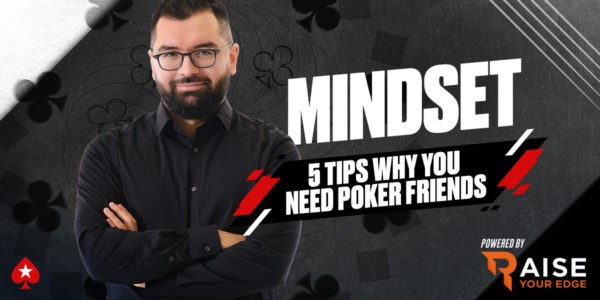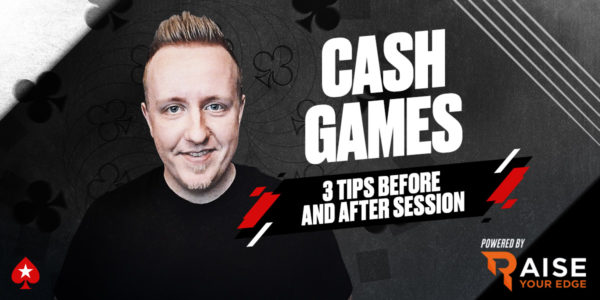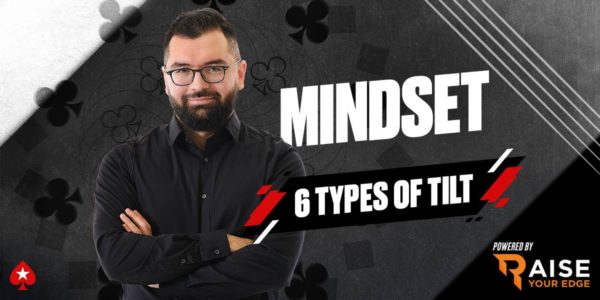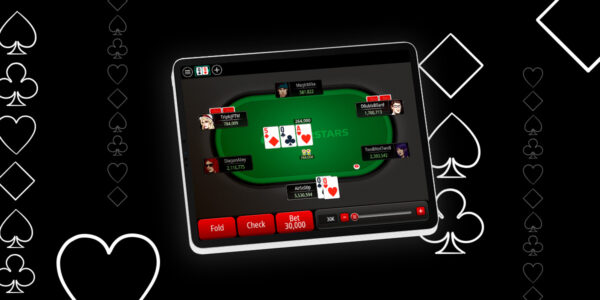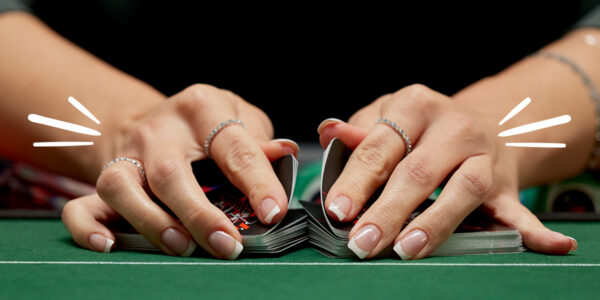The Primary Reasons to Bet or Raise
In my last article we talked about the fallacy of the flawed concept of raising for information, or to “see where we’re at”. While we might occasionally get some relevant information from how an opponent responds to a raise, this should never be our primary reason to bet or raise. Not only is the information we get often unreliable in the modern era of poker, but in some situations the raise may actually be counterproductive towards the primary reasons we should be betting or raising. In this article we are going to further the idea by talking about what I believe the primary reasons are that we will want to bet or raise.

For Value
This is obvious to most people. We have a strong hand and want to increase the stakes as a result, so we bet or raise for value. The important thing to remember when considering a bet or raise for value is this; it’s not just about us having the best hand right now, but rather about how many worse hands will actually call. For example, let’s say we’ve raised from the button with KK, and the big blind calls. The flop comes A83 rainbow and they check. Many players automatically continuation bet here, but is that good? It’s a “value bet”, but how many worse hands will call us on this flop texture? When I ask a student why did you bet here, they usually say something like “because I raised preflop”, or “because as the preflop raiser, I can represent the ace”. These are both kind of silly statements when you really think about them. You are allowed to check as the preflop raiser, you don’t have to simply bet every time. And representing the ace when we have KK is kind of silly because, no better hand will fold to us but likely all of the worse hands will… so where is the value exactly? Right, it’s not there. And that leads us to the next reason:

As a Bluff
When we are betting as a bluff, it should be because we think better hands will fold. That’s the point of bluffing, right? In the above example, continuation betting our KK certainly won’t make any better hands fold. Especially aces. No one calls a preflop raise with an ace in their hand, to fold to a single continuation bet when an ace flops. So “repping the ace” is quite silly when our actual hand is KK. If, however we had a hand like T9s, now our cbet to “rep the ace” carries with it a lot of fold equity against many better hands than ten high, but which simply can’t call because they are drawing very thin when we actually do have the ace. All the broadway hand combos for example. Pocket pairs like 44 that missed their set. There are plenty of better hands to fold out with our cbet when we make it with ten high.
To Deny Equity
This one is a bit trickier to conceptualize. Let’s say for example you’ve raised preflop with 99, gotten a caller, and the flop comes the aforementioned A83 rainbow. Here is a case where a continuation bet won’t really get value, as there are not enough worse hands that will call us, nor does it serve as a bluff, since we’d not expect any better hands to fold. Often when those two things are true, we shouldn’t bet, but here we should none the less. Why? Quite simply, we will have the best hand right now a fair bit of the time, but unlike when we held KK on this flop, the 99 is very vulnerable to overcards coming. A hand like QJ for example, can’t really call a bet on A83 rainbow, as it would be in horrible equity shape vs. all of our ace and better hands, drawing dead to runner runner. Against our actual holding however it still has 27% equity in the pot. By betting here we are, in a sense, protecting our equity in this pot by denying these overcards from realizing theirs with a free card.
When considering a bet or a raise, these are the primary factors that come into play. If your goal in placing the bet or raise is aligned with one of these (sometimes it may align with both some thin value and equity denial), it’s more often going to be a solid bet based on solid reasoning. Rather than nonsense like betting to “see where I’m at” or to “rep the ace” when we already have significant showdown value and aren’t vulnerable and thus have no pressing need to deny equity. Making bets or raises that make sense in the context of the hand and board will help improve your results immediately.
Condimentum Nibh
Donec sed odio dui. Cras mattis consectetur purus sit amet fermentum. Vestibulum id ligula porta felis euismod semper. Curabitur blandit tempus porttitor.



